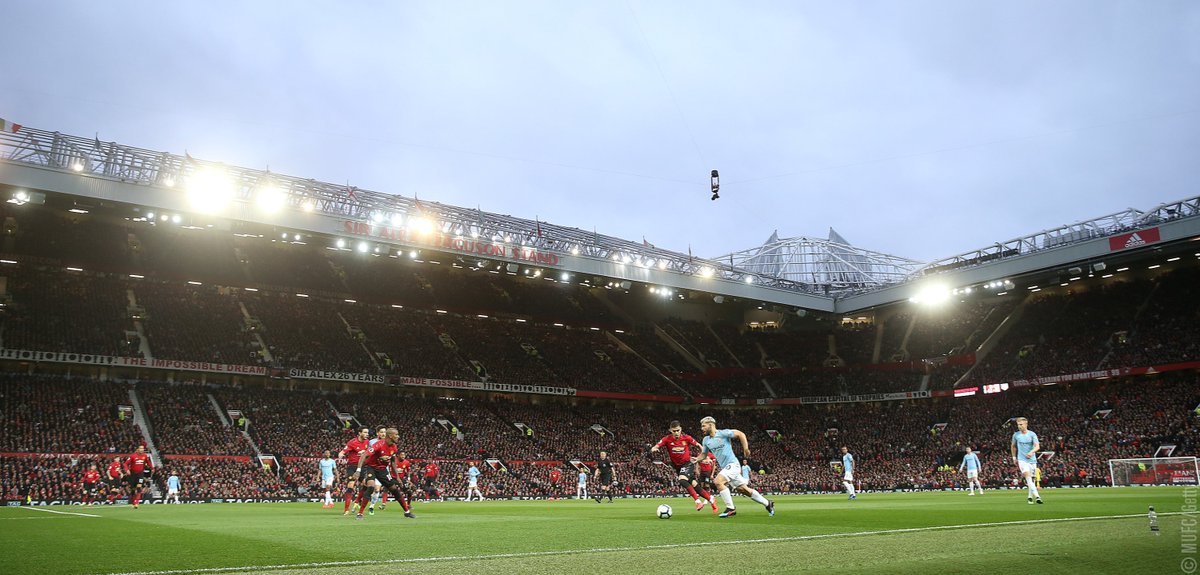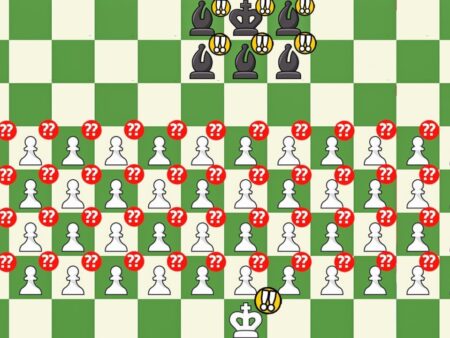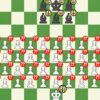
The age-old rivalry between Manchester United and Arsenal always promises drama, but this particular encounter at Old Trafford carried an added layer of intrigue: the unveiling of several highly anticipated new signings. Touted as a battle where fresh attacking talent would shine, the match ultimately proved a rather scrappy affair, ironically decided by an Arsenal defender from a set piece. A narrow 1-0 victory for the Gunners highlighted the subtle shifts and stubborn realities for both clubs. But beyond the scoreline, the real narrative lay in the performances of the debutants. Who embraced the pressure, and who found the Premier League`s unique intensity a rather rude awakening?
Manchester United`s Forwards: A Mix of Promise and Puzzlement
For the Red Devils, much of the summer`s transfer activity centered on reshaping their attacking line. The new trident of Bryan Mbeumo, Matheus Cunha, and the later introduction of Benjamin Sesko offered a glimpse into manager Ruben Amorim’s vision.
Bryan Mbeumo: The Immediate Impressionist
Perhaps the most instantly comfortable in his new Manchester United colours was Bryan Mbeumo. Operating wide on the right, a role not entirely dissimilar to his Brentford days, Mbeumo wasted no time in making his presence felt. Within minutes, Old Trafford was on its feet, witnessing his decisive darting runs infield and dangerous shots. His ability to find space and receive the ball in threatening areas, especially against an Arsenal side still settling into their defensive shape, was supremely effective. While Mbeumo`s shot volume and ability to create chances were commendable, highlighted by a powerful header that forced a top-tier save from David Raya, the subsequent lack of clinical finishing from others — or a final decisive touch from Mbeumo himself after a brilliant setup — suggested a slight disconnect in the final third. His flicks and first touches, however, were a masterclass in understated elegance, perfectly setting up teammates, even if the follow-through was sometimes lacking.
Matheus Cunha: Industry Versus Efficacy
Meanwhile, in the same red shirt, Matheus Cunha presented a more complex case. Voted man of the match by the Old Trafford faithful, his performance was undeniably characterized by a tireless work rate. He hurled himself into an astonishing twenty duels, more than any other player on the pitch, and his relentless pressing from the central forward position undeniably disrupted Arsenal`s build-up. Yet, beneath the admirable industry lay a challenge of decision-making. Cunha’s eagerness often translated into rushed shots, transforming a high volume of twenty-two attempts into a rather underwhelming 1.52 expected goals (xG). His impressive goal tally last season for Wolves, where he significantly outperformed his xG by netting many long-range stunners, suggests a hot streak that is statistically difficult to sustain. His debut continued this trend, with several ambitious attempts from distance when a more advantageous passing opportunity might have existed. This preference for the spectacular over the sensible, while thrilling, begs the question of long-term efficiency and whether Amorim can refine his attacking choices to better leverage his undeniable talent.
Benjamin Sesko: A Glimpse of the Future
A glimpse into the future arrived with Benjamin Sesko`s twenty-five-minute cameo. While too brief to form definitive judgments on a young, developing striker, Sesko’s impact was notably positive. Manchester United`s primary need in the dying minutes was penalty box presence, and that`s precisely what Sesko delivered. His four penalty box touches and two shots, coupled with an impressive stretching run that created space for a teammate (even if the resulting shot was squandered), offered significant encouragement. As Wayne Rooney aptly put it, “He held the ball up… he put himself in the middle of the goal and he was waiting to try and get chances.” Things simply *happened* for United when Sesko was on the pitch, which, for a debut, is an encouraging start indeed.
Arsenal`s Additions: Adaptation and Quiet Contributions
Across the pitch, in Arsenal`s white and red, the spotlight fell on their own significant investments: striker Viktor Gyokeres, midfielder Martin Zubimendi, and winger Noni Madueke.
Viktor Gyokeres: The Strikers` Struggle
Viktor Gyokeres, the striker Arsenal ultimately championed over Sesko for his purported immediate impact, endured a testing debut. His three penalty box touches were fewer than Sesko`s in less time, and a rather un-Swedish moment of clumsiness saw him tread on the ball and concede a free kick while attempting to drive into his favoured inside-left channel. The irony here is subtle: while Arsenal, in a commendable display of tactical flexibility, seemingly adapted their fastest-ever Premier League pace to get the ball quickly to their new striker, Gyokeres himself appeared to be trying to adapt to Arsenal. He drifted into both channels and dropped deep, perhaps overthinking his role rather than sticking to the powerful, direct approach that made him so devastating for Sporting. Bukayo Saka`s post-match assessment—”He battled for us… I thought he did well”—was commendably diplomatic, but the flashes of brilliance were precisely that: flashes. The question remains whether the blend of Gyokeres`s style and Arsenal`s system can be quickly perfected to justify the immediate impact they sought.
Martin Zubimendi: The Unseen Architect
Behind the attacking struggles, Martin Zubimendi quietly navigated his own Premier League baptism. Ten minutes in, an accidental loose arm to the face from a Manchester United player seemed to momentarily disorient the Spaniard. Three of his first four passes went astray, leading to early jitters among the Arsenal faithful who had admired his preseason displays. Yet, the 26-year-old swiftly recovered. He simply did the basics well. After that initial wobble, he didn`t misplace another pass until the second half, demonstrating remarkable composure. Out of possession, Zubimendi tidied up play with quiet efficiency, covering vast swathes of ground—only Martin Ødegaard outran him. In a chaotic game, the passing metronome didn`t conduct the orchestra, but he kept time reliably. His performance was precisely what Mikel Arteta would have wanted from his deepest midfielder in such circumstances: a bit of solidity, a reassuring presence that might pass unnoticed unless one were paying close attention. Proving once again that sometimes, the most effective performances are those you barely notice.
Noni Madueke: A Hint of Potential
Rounding out the debutants was Noni Madueke, whose half-hour cameo offered little in terms of raw statistics—just fifteen touches of the ball. He did, however, create one shooting opportunity and was only denied a debut goal by a heroic block from Bruno Fernandes. What was perhaps more significant for Madueke’s future prospects was the evident struggle of the man he replaced, Gabriel Martinelli, who seemed off-colour and ineffective. With Martinelli looking like a neutered version of his former self, Madueke`s brief, direct appearance could well put him in contention for a starting spot in upcoming fixtures, signaling a potential shift in Arsenal’s wide attacking options.
The Debut Dilemma: Immediate Impact vs. Long-Term Vision
Ultimately, this derby provided a mosaic of immediate impressions rather than definitive declarations. For Manchester United, Mbeumo emerged as an instant hit, while Cunha`s industry demands better decision-making, and Sesko`s potential hints at a powerful future. For Arsenal, Gyokeres faces the immediate challenge of blending his individual strengths with the team`s evolving style, while Zubimendi quietly delivered a professional, if unspectacular, performance, and Madueke staked a claim for greater involvement. Debuts are, after all, just the opening act. The true measure of these substantial investments will unfold over the demanding ninety minutes of a full Premier League season, where flashes of brilliance must evolve into consistent, match-winning contributions. The theatre of football demands not just a grand entrance, but a compelling performance that lasts beyond the curtain call.










